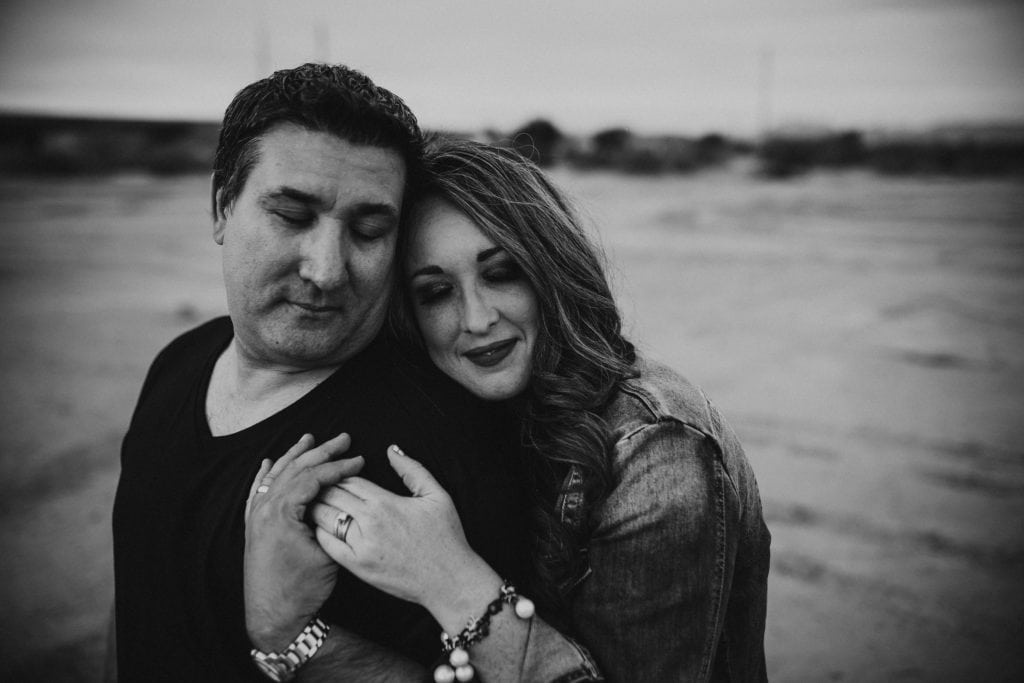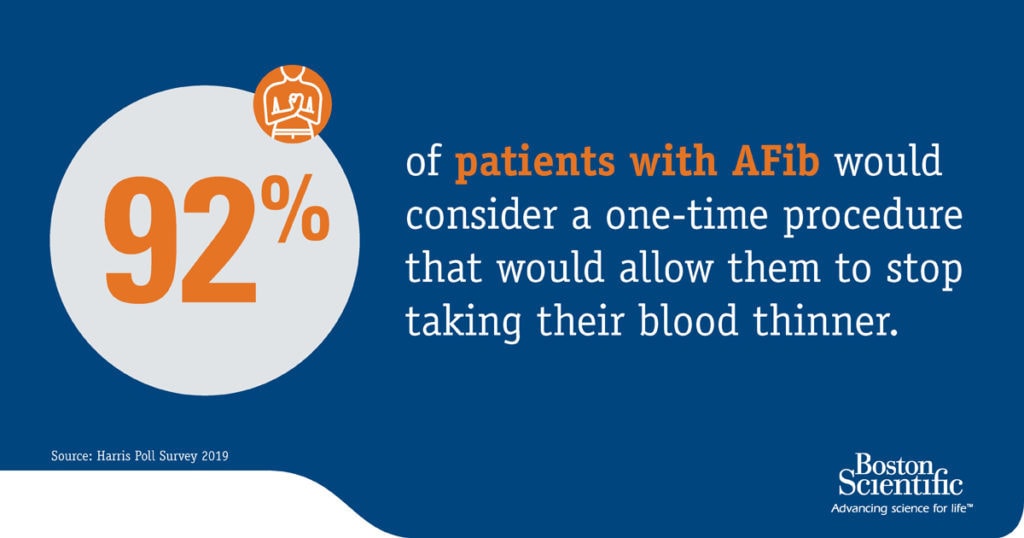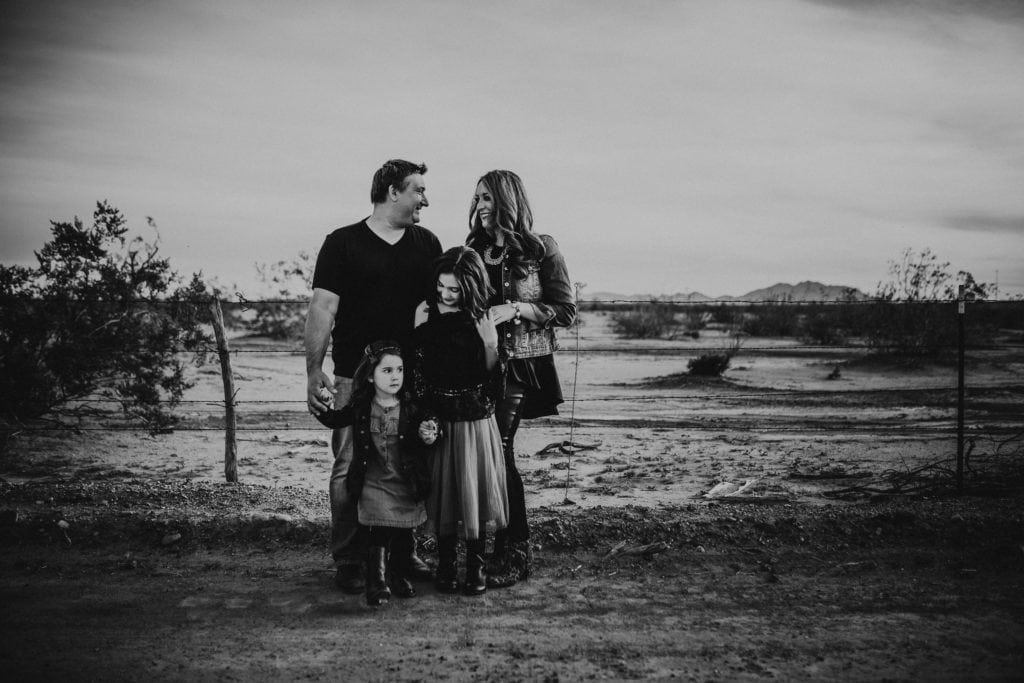This post was sponsored by Boston Scientific as part of an Influencer Activation for Influence Central and all opinions expressed in my post are my own.
Our Heart Condition Story
Sharing the same cardiologist is not something I would consider when listing all the qualities I looked for in a partner. Remember the MASH game you played as a child to determine the fate of your life? A notebook and about five minutes could tell you if you would live in a mansion, apartment, shack, or house. Depending on the categories you chose to add you could also learn about your future pets, career, partners, transportation and more. Draw the spiral, count the lines, and work through your lists to see your future self.
I’m guessing I’m not the only girl that didn’t end up living out her best MASH with a fairytale ending. However, my life did take a fairytale turn at 20 years old when I met my husband on a blind date. At the time I was unaware of my congenital heart defect and it wasn’t until over four years later that he suggested I visit his cardiologist. The same year I had a procedure to repair a heart condition and I fully credit meeting my husband that led me down the road to this medical discovery. Together we both have congenital heart defects and are amazed by modern medicine and the advances for patients. Heart health is a big topic in our family and one we take very seriously. Although every heart condition has its unique characteristics, we are very in tune to the advances in patient care.
If you’ve been around here for a while, you already know my husband was hospitalized last year as a result of him following a doctor’s suggestion to stop taking the blood thinners he had been using daily for almost 20 years.

My husband’s heart condition story
My husband was born with a malformed aorta requiring open-heart surgery as a child. His circulatory system was reconstructed using a major artery from his arm and consequently, he had a massive blood clot. He has been on blood thinners ever since. Approximately one year ago his doctor acknowledged the long-term risks associated with blood thinners and suggested he could stop. Exactly six months to the day he stopped, he had a very serious blood clot and was hospitalized for a week. The combination of his malformed aorta and his blood clots, again, has him on a daily blood thinner prescription.
My heart condition story
As a child, I passed out frequently, and generally in the most publicly embarrassing ways. My long list of experiences include at a relative’s funeral, my class field trip to the county fair, and – later in life – at my best friend’s wedding. My parents sought answers and were told I was simply locking my knees as I stood. I also suffered from debilitating migraines as a child but it wasn’t until after I moved away from home that I sought further medical inquiries. Many different types of doctors repeatedly told me that everything appeared to be normal.
My husband and I were engaged when I passed out at my best friend’s wedding. I was a bridesmaid and during the ceremony, my parents and my now husband were sitting in the back of the church. My dad noticed something was wrong and, in true superhero form, my husband rushed down the middle aisle and caught me as I was falling. Truly, this couldn’t have been a more perfect movie moment, except that it was at my best friend’s wedding and just before the ring exchange. This moment reinforced me needing medical answers and as a last resort my husband suggested I go to a cardiologist. A month later my septal defect had been repaired.
I have not passed out since and my migraines occur much less frequently. There was obvious concern for both our daughters’ heart development when I was pregnant. We had many ultrasounds and closely watched as their perfect little hearts grew without defects. We have several friends with young children currently navigating through heart conditions and every day I feel so grateful to have healthy children and the incredible modern healthcare advancements to take care of patients.

Taking blood thinners was part of my heart condition management plan too. In our home we are very conscious about the dietary restrictions while actively taking blood thinners including not consuming alcohol and avoiding a long list of vegetables with Vitamin K. Alcohol can only be consumed in very small amounts and we also should not be drinking green tea or cranberry juice.

As you can tell, heart health is very important in my family! Through our research we’ve learned of other heart conditions as well, like atrial fibrillation. We recently learned about the WATCHMAN Left Atrial Appendage Closure Device and are very enthusiastic about what it can do for patients with non-valvular atrial fibrillation prescribed to lifelong use of warfarin (a type of blood thinner used to reduce risk of AFib-related stroke). The WATCHMAN device offers an alternative to the lifelong use of warfarin for people with atrial fibrillation not caused by a heart valve problem (or non-valvular AFib) who need another option, and so is making huge strides in quality of life for these people.
AFib is the most common type of cardiac arrhythmia, or irregular heartbeat, and affects more than five million Americans. Because of their irregular heartbeat, people with Atrial fibrillation (AFib) have a five times greater risk of suffering from a stroke than someone with a regular heartbeat, and so commonly take blood thinners to reduce this risk.1 However, these are associated with bleeding and lifestyle challenges. According to a recent Harris survey by Boston Scientific of patients with non-valvular atrial fibrillation, 92% of patients with AFib would consider a one-time procedure that would make their AFib easier to manage by allowing them to stop taking blood thinners life-long.

The Boston Scientific WATCHMAN device serves as a stroke risk reduction alternative to warfarin and is placed through a one-time procedure with a proven safety record, as evidenced by 100,000 worldwide devices implanted worldwide.
I didn’t know in all those years of playing MASH, or even on the night of our blind date, but I know now more than ever, a shared cardiologist is part of my fairytale ending, and together we will continue to grow and learn about medical advancements for the heart condition community. Visit the WATCHMAN device website or talk to your cardiologist today to find out if you or your loved one may be a candidate for the WATCHMAN device. As with any medical procedure, talk to your doctor about the risks, including internal bleeding, stroke and others.

Is a heart condition part of your love story too?
Learn more about the Boston Scientific WATCHMAN device by connecting with them on Facebook and Twitter.
1 January CT, Wann LS, Alpert JS, et al. 2014 AHA/ACC/HRS guideline for the management of patients with atrial fibrillation: a report of the
American College of Cardiology/American Heart Association Task Force on practice guidelines and the Heart Rhythm Society. Circulation.
2014 Dec 2;130(23):e199-267. doi: 10.1161/CIR.0000000000000041. Epub 2014 Mar 28. No abstract available. Erratum in: Circulation. 2014 Dec
2;130(23):e272-4.

Thanks for sharing this. Having heart problems is no fun but it sounds like you are great support for each other
Wow, that is so scary! I am glad you got the answers you needed. My daughter has pulmonary valve stenosis and an aortic heart defect.
Wow! What an incredible story you have. I can’t imagine what you are going through but it’s nice to know that you have each other to lean on.
Thank you for telling us about your story. I don’t have heart issues but I know how important is to take care of your heart!
Thank you so much for sharing your story. I really admire how this condition is just making your relationship really strong. You are such an inspiration. I will definitely check out their website.
having a heat issue is no joke. you have been through a lot. praying that you stay on course.
An incredible story. I am touched by such sincerity.